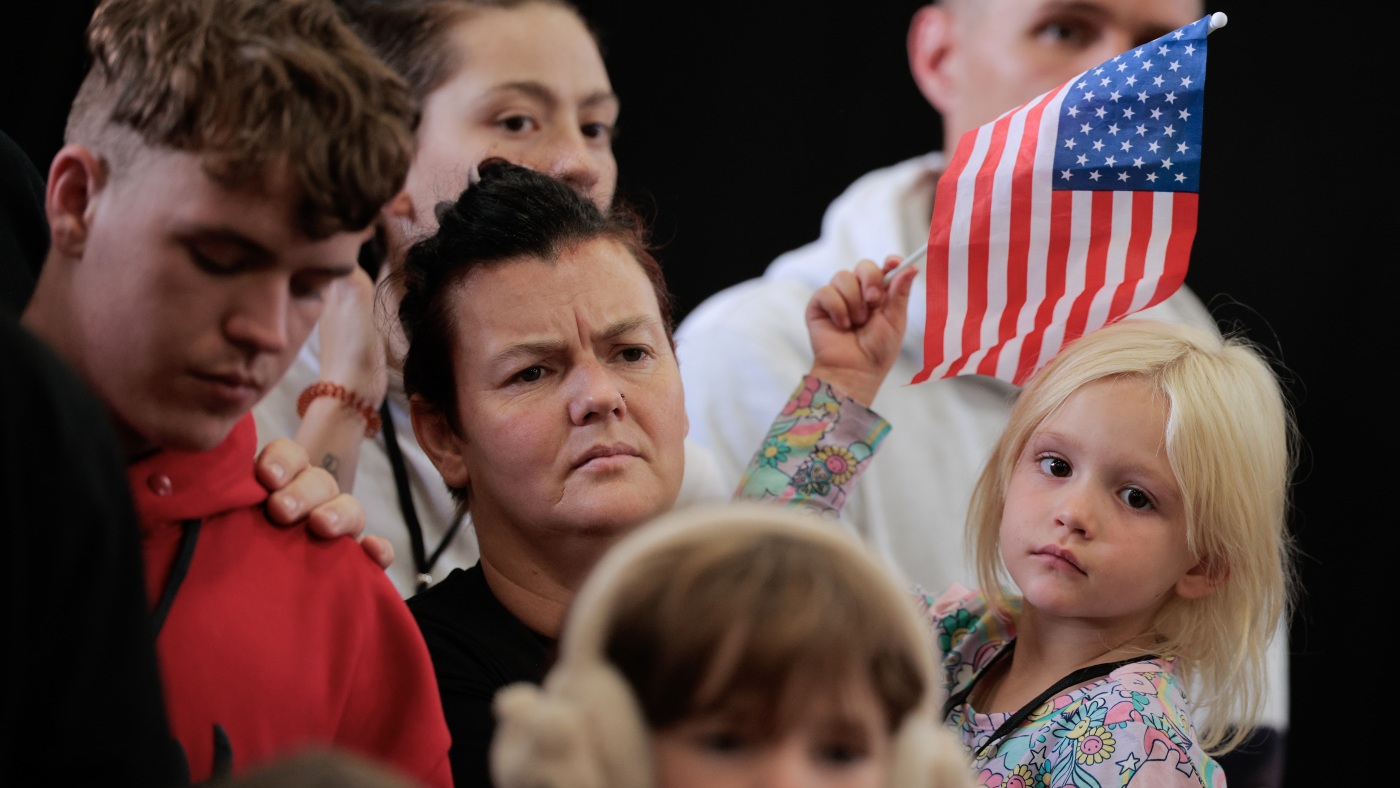“`markdown
The Afrikaner Refugee Case: A Turning Point in U.S. Immigration Policy
Introduction
In February 2020, a charter flight carrying 59 Afrikaners landed at Dulles International Airport, marking the first wave of white South Africans admitted to the U.S. under a fast-tracked refugee program. This event, orchestrated via an unprecedented executive order by President Trump, defied the administration’s own restrictive immigration policies and ignited fierce debate. Was this a humanitarian lifeline or a politically charged exception? This analysis unpacks the layers of this controversial decision, exploring its origins, execution, and far-reaching implications.
—
The Afrikaners: Identity and Context
A Brief History
The Afrikaners, descendants of 17th-century Dutch settlers, have long been a dominant cultural and political force in South Africa. Their history is intertwined with colonialism, apartheid, and, more recently, claims of marginalization post-democracy. While they constitute a minority (roughly 6% of South Africa’s population), their influence persists through language (Afrikaans), institutions, and land ownership.
Claims of Persecution
Advocates for the group argue that Afrikaners face systemic discrimination under South Africa’s land reform policies and affirmative action programs. Allegations of “farm murders” and calls for “white genocide” — though widely disputed by experts — have fueled narratives of existential threat. The South African government vehemently denies these claims, labeling them as misinformation.
—
The Trump Administration’s Unusual Move
Executive Order: Breaking the Mold
President Trump’s 2020 order singled out Afrikaners as eligible for refugee status, citing “credible fears of persecution.” This was striking for three reasons:
Behind the Expedited Process
Sources suggest the effort was spearheaded by conservative advocacy groups like the *Afrikaner Immigration Trust*, which lobbied U.S. officials. The Department of Homeland Security (DHS) employed a little-known clause in the Immigration and Nationality Act, allowing “emergency” designations for groups facing imminent danger. Critics argue this clause was misapplied, given the lack of independent evidence validating genocide claims.
—
Controversies and Double Standards
Political Backlash
Democrats and human rights organizations condemned the move as hypocritical. Representative Ilhan Omar noted, “This administration turns away Central American asylum-seekers fleeing violence but rolls out the red carpet for a privileged minority.” The contrast was stark:
– Central Americans: Family separations, metering policies, and “Remain in Mexico” protocols.
– Afrikaners: Privatized flights and expedited work permits.
Humanitarian or Strategic?
Supporters framed the decision as a moral obligation. “These are people fleeing communist-style land seizures,” argued Fox News commentator Tucker Carlson. However, data complicates this narrative:
– South Africa’s land reform aims to redress apartheid-era dispossession, not eradicate whites.
– The U.N. and Amnesty International found no evidence of state-sponsored genocide.
The Fairness Question
The case exposed glaring inconsistencies in U.S. refugee policy. Why prioritize Afrikaners over, say, Yemenis facing famine or Rohingya escaping ethnic cleansing? The answer may lie in domestic politics: the administration’s alignment with white nationalist factions and a bid to galvanize its base ahead of the 2020 election.
—
Broader Implications
Precedent and Policy Risks
Fast-tracking the Afrikaners sets a dangerous precedent. It signals that refugee status can be politicized — granted not by need but by alignment with a government’s ideological agenda. This undermines the integrity of the U.S. asylum system and could embolden other groups to seek similar exceptions.
Diplomatic Strains
South Africa’s government reacted with fury, accusing the U.S. of amplifying false narratives to destabilize its economy. The incident further strained relations already tense over trade disputes and South Africa’s ties to Russia and China.
The Human Cost
For the 59 Afrikaners, resettlement offers safety and opportunity. Yet their story is overshadowed by questions: Did they truly face persecution, or were they pawns in a larger political game? Meanwhile, thousands of non-white refugees remain in limbo, their applications stalled by the same administration that greenlit this exception.
—
Conclusion: A Watershed Moment
The Afrikaner refugee case is more than an immigration anomaly; it’s a litmus test for the principles underpinning U.S. humanitarian policy. By privileging one group over others, the Trump administration exposed the fragility of fairness in asylum systems. The fallout lingers: How will future administrations reconcile compassion with consistency? As global displacement crises escalate, this episode serves as a cautionary tale — and a call to reassert neutrality, evidence, and equity in refugee resettlement.
The road ahead demands not just open borders, but open eyes.
“`











